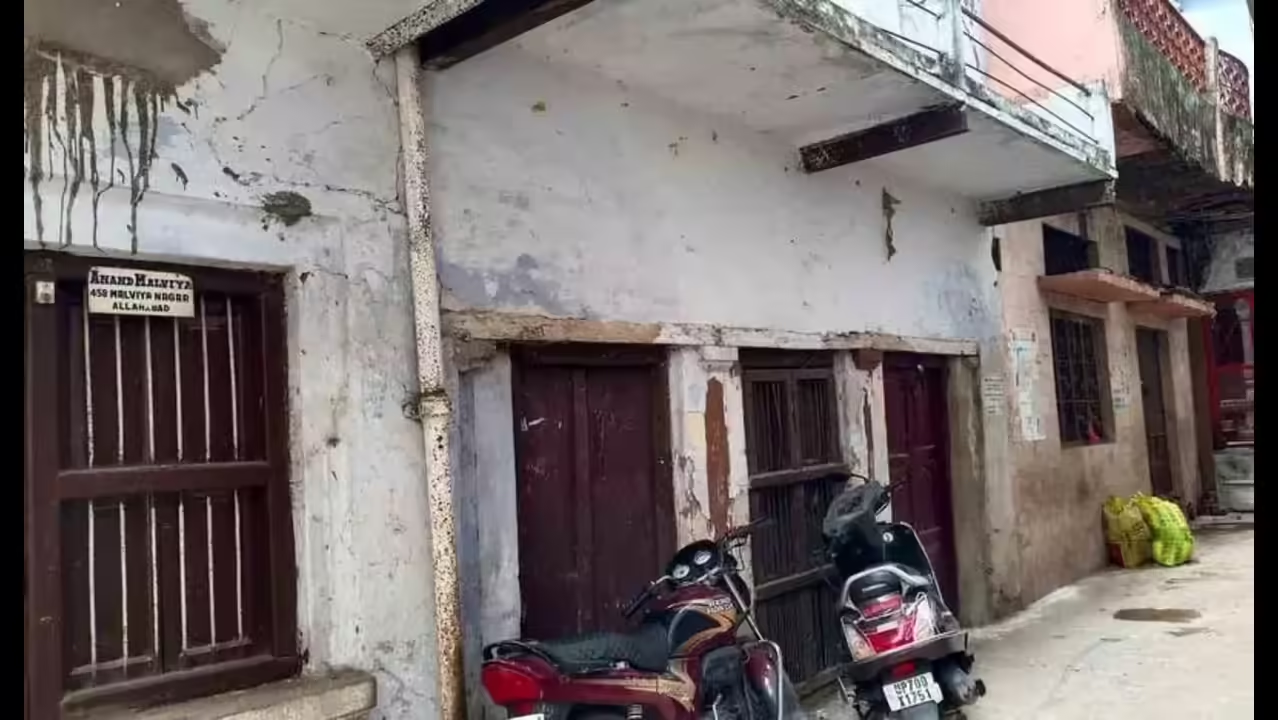Delhi High Court Rebukes Selective Targeting of Religious Structures in Successive PILs
The Delhi High Court, for the second time in as many weeks, reprimanded a petitioner for filing repeated and selective petitions that exclusively sought the removal of Islamic structures, describing such actions as questionable in intent and lacking bona fide.
The latest plea was filed by Save India Foundation, a registered trust, through its founder, Preet Singh. In this Public Interest Litigation (PIL), the NGO sought the demolition of eight religious structures—masjids and dargahs—allegedly constructed without authorisation inside the premises of schools and government hospitals in the capital.
The petitioner argued that these “encroachments” posed a threat to the safety and liberty of children and patients, further alleging that such structures served as a façade for commercial activities.
Court’s Sharp Observations
However, the division bench of Chief Justice D. K. Upadhyaya and Justice Tushar Rao Gedela refused to entertain the matter on merits.
Instead, the court directed authorities to examine the representation in accordance with the law, making it clear that the judiciary would not encourage petitions that appeared to be driven by selective motives.
Chief Justice Upadhyaya strongly rebuked the petitioner’s approach, stating:
“What is this? Every week, you come with one petition targeting a single structure, make a representation, and then rush to the court. Do you not see encroachments elsewhere? Why do you only identify dargahs and mazars? Selective petitions create a cloud over the bona fide of the petitioner.”
The court went further to question the petitioner’s intent, reminding counsel that as an officer of the court, one carries a responsibility to maintain the integrity of the legal system rather than using it as a platform for selective activism.
Underlying Mindset: Selectivity and Bias
This repeated targeting reflects a broader mindset where certain individuals or groups approach issues not through the lens of law or public good, but from personal or ideological prejudice. Instead of raising concerns about unauthorised encroachments in general—be it by shops, housing, or other religious structures—the focus is deliberately narrowed down to one community’s places of worship.
Such selective outrage undermines the credibility of public interest litigations, which are intended to serve society at large, not to further a personal dislike or communal bias.
The judiciary has been cautious in highlighting this very danger, warning that courts cannot be made battlegrounds for agendas that are neither inclusive nor impartial.
Society does not function on the whims and dislikes of a single individual or group. Laws and governance are meant to be impartial, ensuring that any action against encroachments or illegal structures is applied uniformly across communities, rather than selectively targeting one religion.
The moment legal tools like PILs are misused for narrow objectives, the very spirit of justice and equality is compromised.
Past Controversies of the Petitioner
The petitioner’s past adds context to the court’s sharp remarks. Preet Singh and his NGO were previously booked by the Delhi Police in 2022 for alleged hate speech during a Hindu Mahapanchayat at Burari ground, where inflammatory remarks were made against minorities.
Dasna Devi temple head priest Yati Narsinghanand, known for his controversial statements, was also named in the same FIR.
Earlier in 2021, Singh had organised a gathering at Jantar Mantar where anti-Muslim slogans were openly shouted, sparking widespread outrage.
These incidents reinforce the suspicion that the repeated petitions targeting Islamic structures may not be acts of neutral activism, but rather extensions of a pattern of selective targeting.
Genuine Encroachment PILs vs Selective Ones
The Indian judiciary has, in the past, entertained numerous genuine encroachment-related PILs—for example, petitions highlighting illegal religious structures blocking public roads, obstructing fire exits, or occupying government land without authorisation.
In such cases, the courts have ordered uniform action against all illegal constructions, irrespective of whether they belonged to temples, mosques, churches, or gurudwaras.
What distinguishes those PILs from the present ones is the principle of neutrality. Genuine petitions address the issue of encroachment as a whole and demand uniform enforcement of the law.
By contrast, selective petitions, like the one filed by Save India Foundation, pick only one community’s religious sites for scrutiny, revealing an intent that appears discriminatory rather than lawful.
The courts have consistently warned that while unauthorised structures cannot be permitted, justice cannot be turned into a tool for advancing communal agendas. PILs are meant to strengthen democracy, not weaken its secular foundation.
Court Stands Guard Against Misuse
By dismissing the latest PIL, the High Court has sent a strong message that the judicial system cannot be used to legitimise biases under the guise of public interest. Selective petitions not only waste judicial time but also attempt to deepen societal divides.
The law applies equally to all, and any genuine concern about encroachment must address the issue universally, not selectively.
The essence is clear: justice cannot be dictated by personal dislikes or sectarian bias. Society functions on principles of fairness, equality, and inclusivity—not on the prejudices of a few.
#DelhiHighCourt #PIL #Encroachment #JudicialIntegrity #EqualJustice #RuleOfLaw #SecularIndia #NoSelectiveTargeting #JusticeForAll #UnityInDiversity #StopCommunalBias #DemocracyInAction #PublicInterest #IndiaForAll #CourtObservations




